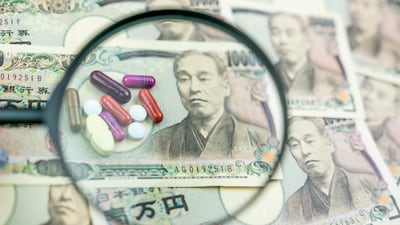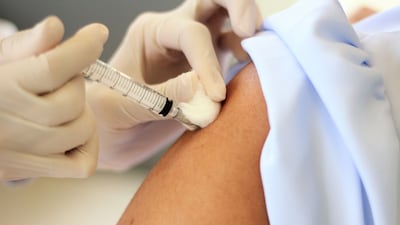Japan

Japan is cautiously easing Japanese clinical data requirements for rare disease drugs to allow faster and more flexible approvals, including on a conditional basis supported by postmarketing studies.

Dispute around the first-in-world license for a self-amplifying mRNA COVID-19 vaccine castes light on Japan’s ongoing dilemma between a government trying to build its own capabilities to attract, develop and manufacture new modalities and the anti-vax movement in the country.

Japan has started to charge patients a portion of the difference between the reimbursement price of the generic and non-generic product if they insist on the latter without a supporting recommendation from the prescribing physician, in a policy designed to further drive generic use.

Japan plans to offer wider support to foreign firms and ventures with innovative candidates to start clinical trials in the country, as part of key measures from current prime minister Fumio Kishida.

Non-Japanese firms without offices in the country may submit documents for approval filings in English, subject to certain conditions.

The Pink Sheet Drug Review Profile explores the US FDA’s approval of vadadustat to treat anemia in chronic kidney disease patients on dialysis. A complete response letter cited the risk of drug-induced liver injury, but postmarketing data from Japan reassured reviewers.

Japan has issued positive approval recommendations for 10 new drugs, including Catalyst’s Firdapse and Idorsia/Nxera’s Quviviq, as well as a global-first nod for mecobalamin in ALS.

The deadline is nearing for pharmacopoeias to express their interest in joining the decades-old discussion group that works to harmonize excipient monographs and general chapters and reduce the burden on manufacturers to perform analytical procedures in different ways depending on the jurisdiction.

The country is aiming to tighten collaboration with Asian authorities and share globally its knowledge and experience of universal health coverage systems globally and will open a joint office in Tokyo with the WHO and World Bank in 2026.

After 10 years of promised investment following its Nobel Prize for iPS cell research, Japan is cautiously narrowing regulations around the conditional approval of cell therapies and cutting reimbursement prices. How has the sector panned out over the last decade?

A Japanese approval for Lilly's Alzheimer's drug donanemab is expected soon following a positive recommendation from the MHLW. The ministry has also announced reimbursement prices for 12 new products including Fabhalta, along with price cuts for Tezspire, Dupixent and competitors following a review.

Despite it’s initial promise, a novel autologous cell transplant therapy for severe heart failure has faced multiple challenges gaining full approval in Japan, potentially offering lessons for other regenerative medicine developers.

England’s NICE has “misclassified” HER2-low metastatic breast cancer as a medium severity disease, say AstraZeneca and Daiichi Sankyo, the co-developers of Enhertu. NICE said it would consider a rapid re-appraisal if the companies offered a “fair price” for the drug.

Japan has announced several new measures to tackle the lack of rare disease and other therapeutics in the domestic market, with the country's main industry association also issuing the first common national informed consent form in a bid to lighten the “huge workload” on trial site staff.

If finally fully approved in its first indication, the HGF gene therapy could become a first-in-class therapy for PAD - but only after years of challenges in clinical trials.

Japan issues approval recommendations in new indications, including Torii's Vtama in atopic dermatitis and AbbVie's Skyrizi in ulcerative colitis. Separately, filing requirements for the use of concomitant therapies have been revised.

Japan has been promoting a revised law that will allow the broader use of real world data by allowing the use of both pseudonymised and anonymised data.

The 15 July entry deadline for the Citeline Japan Awards 2024 in Tokyo is fast approaching, so here's a reminder to take a look at the categories and criteria and be sure you get those submissions in by this date. Sponsorship opportunities and tables are also available.

The first-in-class anti-CLDN 18.2 antibody zolbetuximab will face cost-effectiveness assessment in Japan in the near future, as the country applies stricter reimbursement pricing policies to gain transparency in expenditure through its healthcare reimbursement structure.

Adult immunization programs can save “billions” for society, but their value is underestimated because of challenges around measuring broader value evidence and a lack of incentives for companies to collect this data, says the Office of Health Economics.